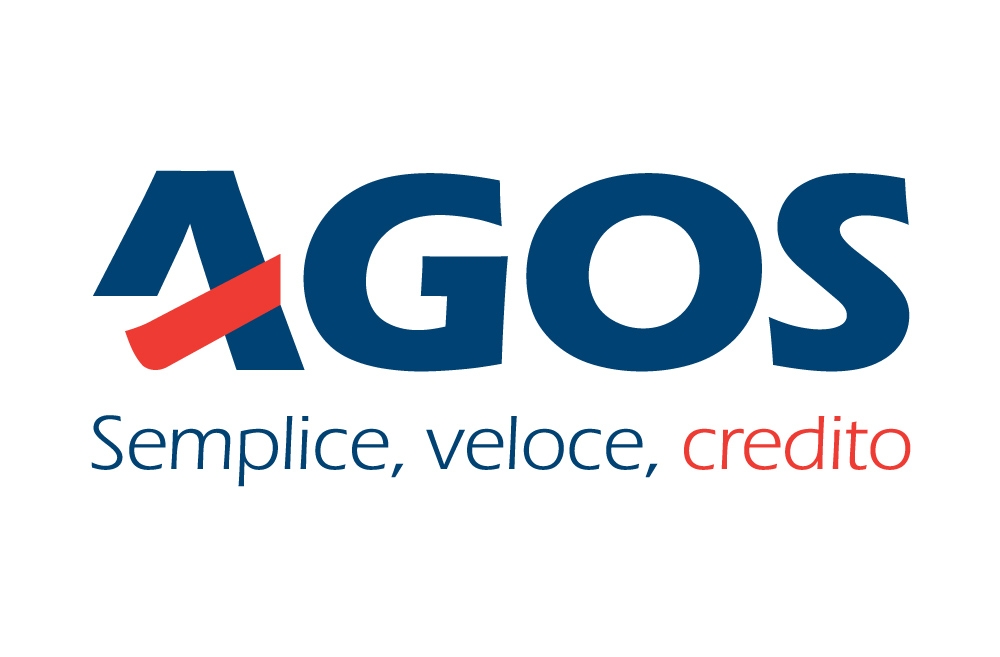Distance learning, digital divide and abandonment risk
Fewer and fewer Sardinians go beyond graduation. According to a study by With Children and Openpolis on Istat data 2017, Sardinia is the region with the highest number of school drop-outs 21,2% population among 18 and the 24 years against a national average of 14% (10% in the north center). According to the same report, the 20% Italian kids from the South do not have a PC or a tablet, the 23,5 percent of Sardinians don't have an internet connection at home, and almost the 40% of those who can connect does not reach the speed of 30Mbps (enough to participate seamlessly in video-games).
"These are two data that are already strongly linked, "These days, IT tools and connection are fundamental in training– explains the president of Acli Cagliari Mauro Charter –, but in the post-Covid period, not being able to access the network could result in the actual inability to take part in the lessons with profit: The experience of lockdown has already shown with brutal clarity the difficulties faced by families struggling with distance learning and smart working, between device sharing, slowness of networks, lack of basic skills".
Since last April, the Acli di Cagliari have been active to offer S.O. S. Computer science, a free technology support service for smart working, e-learning, web conference platforms, professional file sharing, remote access software, very important, cybersecurity. Acli volunteers have also helped the many elderly people in need with video calls, only way to feel close to loved ones. S.O. S. Informatica it's aimed at everyone: students and teachers of schools of every order and grade, Craftsmen, Professionals, entrepreneurs and SMEs, Individual, families and seniors.
"The service, reachable for free by email at sosinformatica@aclicagliari.it or the phone number 3515939617 Monday to Friday 10 all 12 explains Carta –, obviously just a little help for the community".
It is clear that without major investments in the territory, in schools and in the training of teachers and pupils there is a risk of a surge in data on school drop-out in the near future.
"The Cura Italia decree has made available at the national level 85 millions of euros to equip schools with devices and to train staff. In addition, there are other 80 million of the Miur Operational Plan for the purchase of computer devices (1,6 million for Sardinia). But these funds may not be enough – concludes Carta – since the starting situation of the island (OECD data): 39,9 pupils for pc in the classroom (national average 41), 356,9 pupils for mobile device (national average 62,80), 11 pc pupils in labs (national average 11,6), 8,4 pupils on total technologies (national average 7,90)”.
3 August 2020



 Italiano
Italiano English
English Français
Français Español
Español






